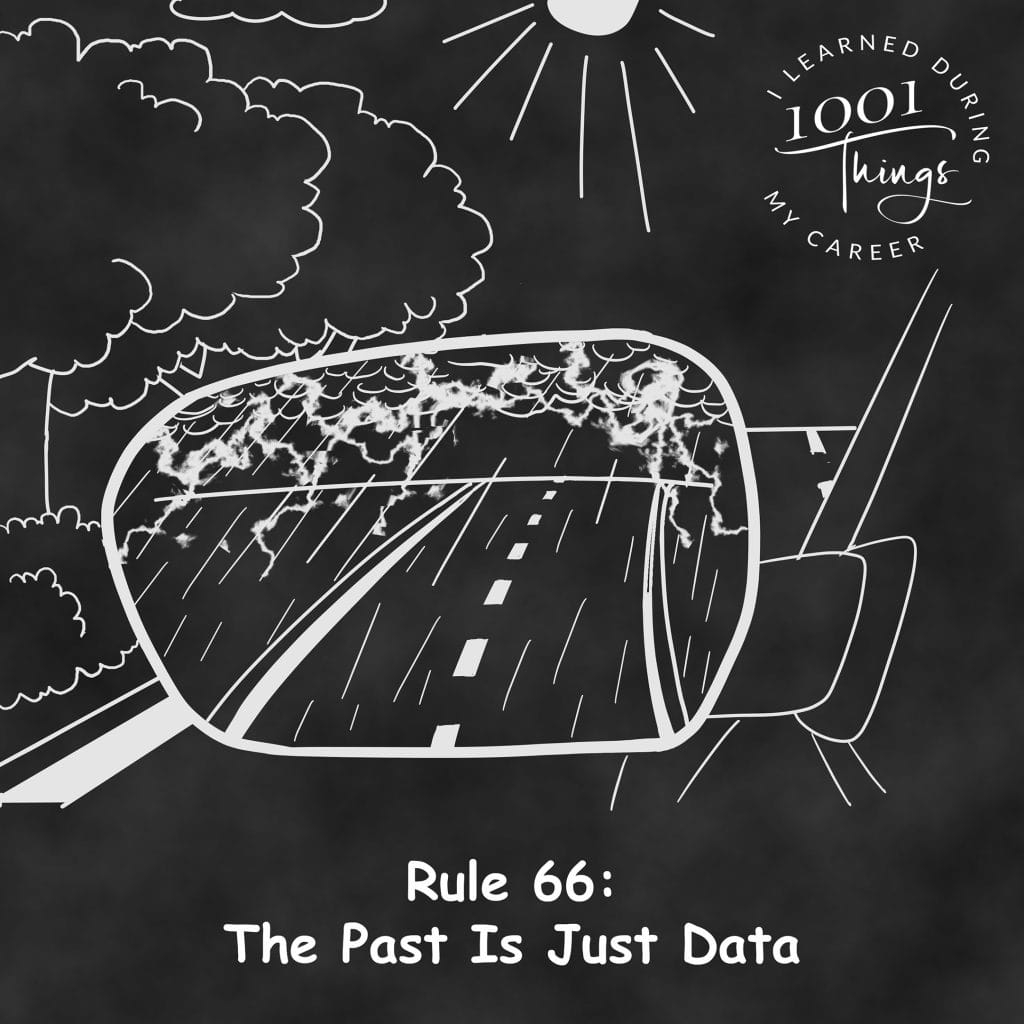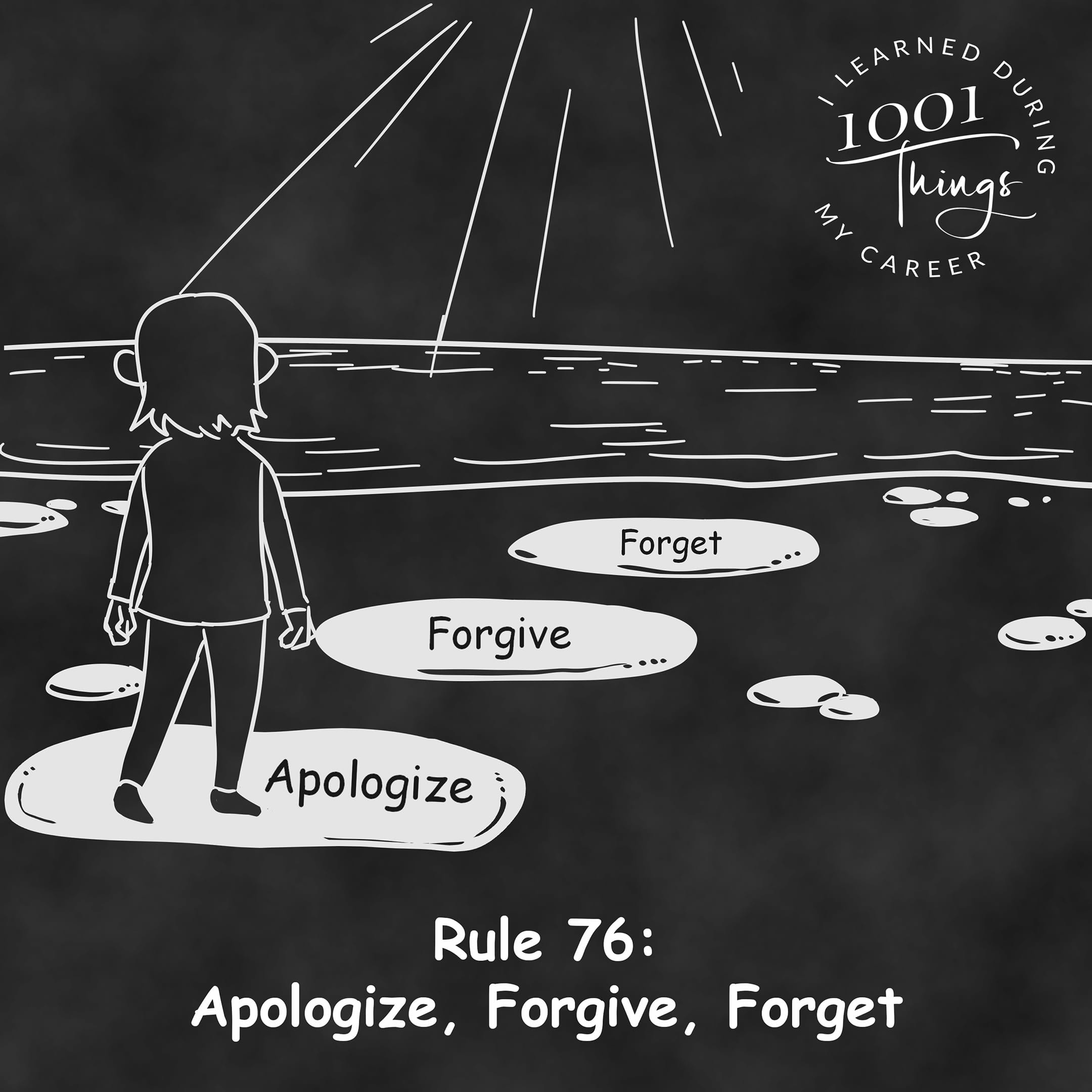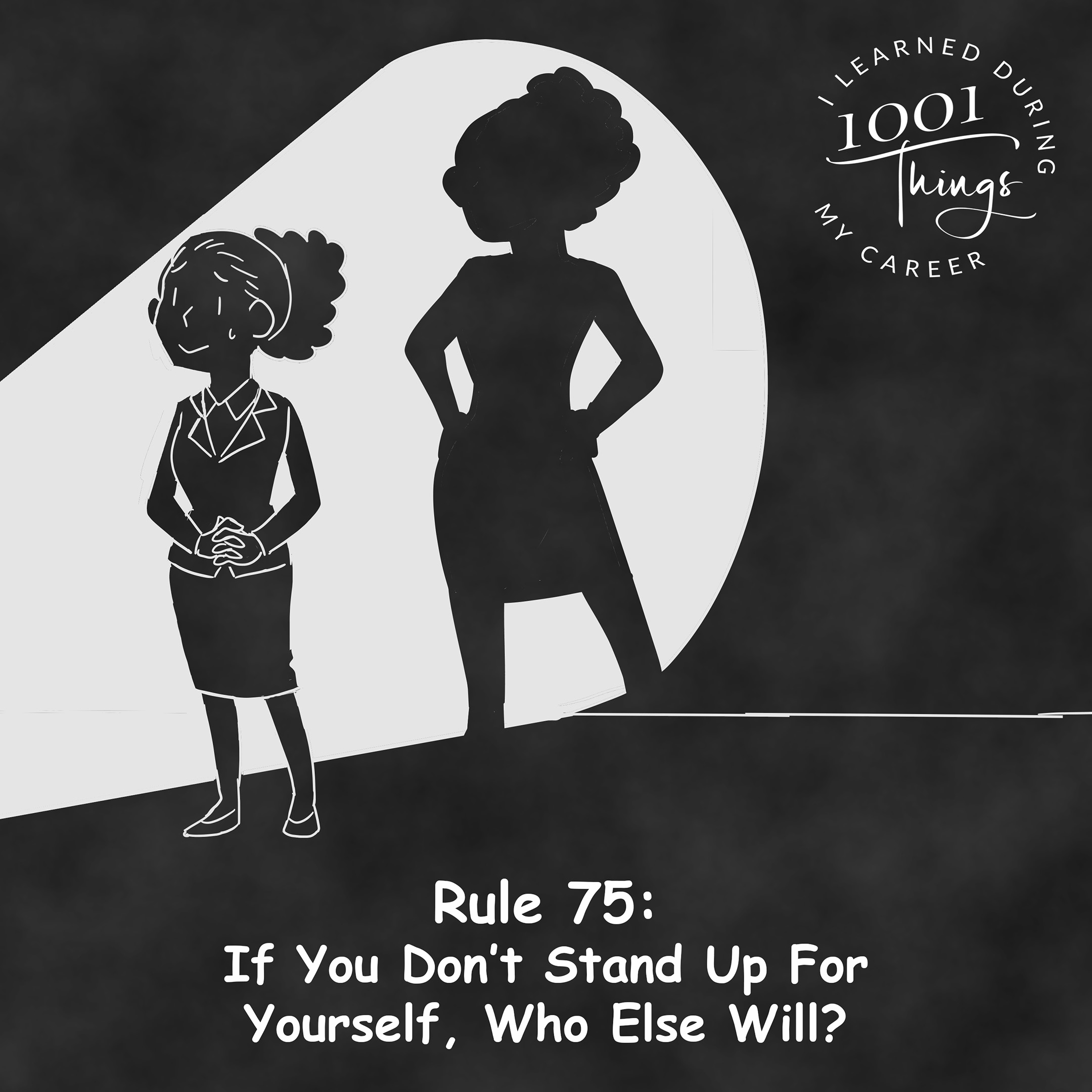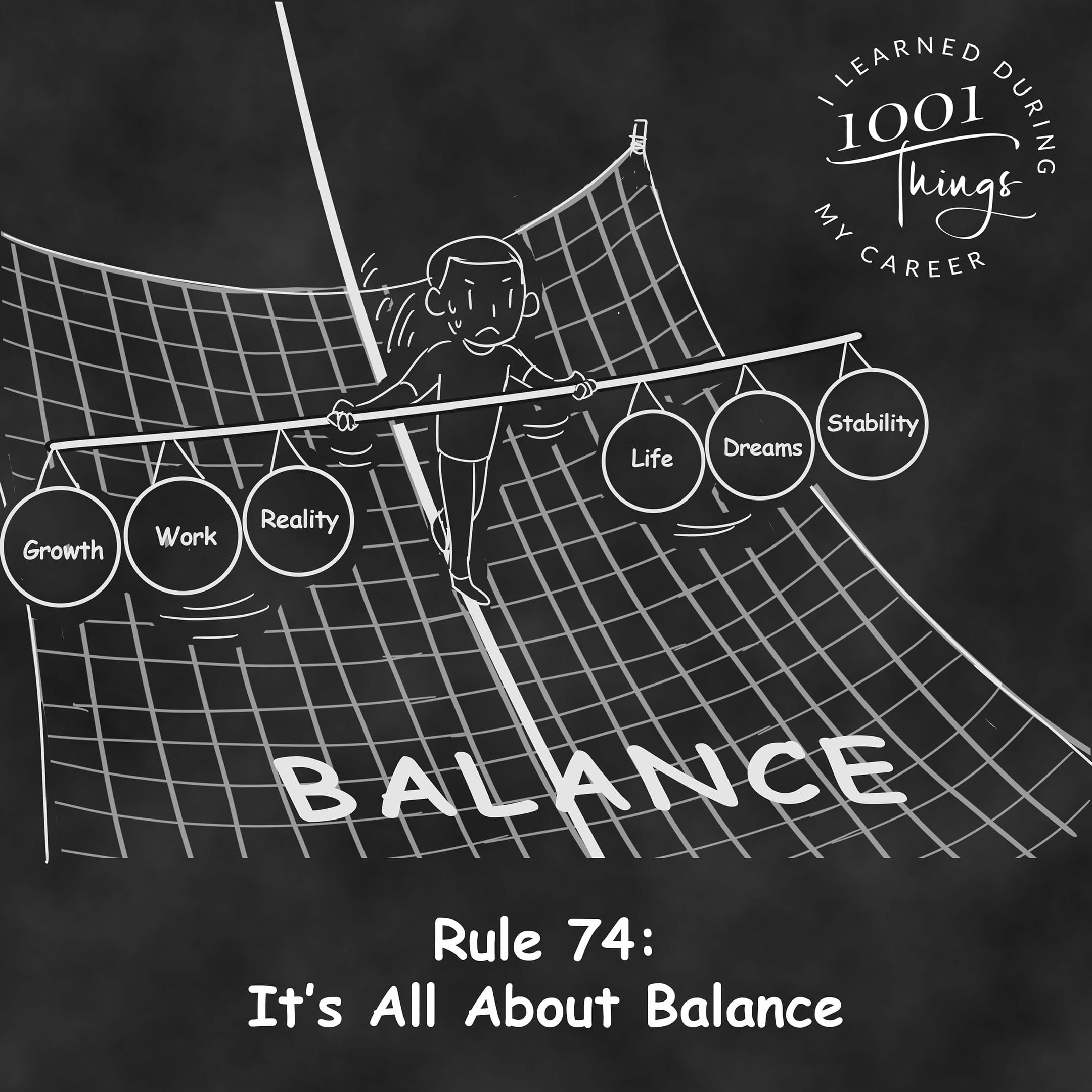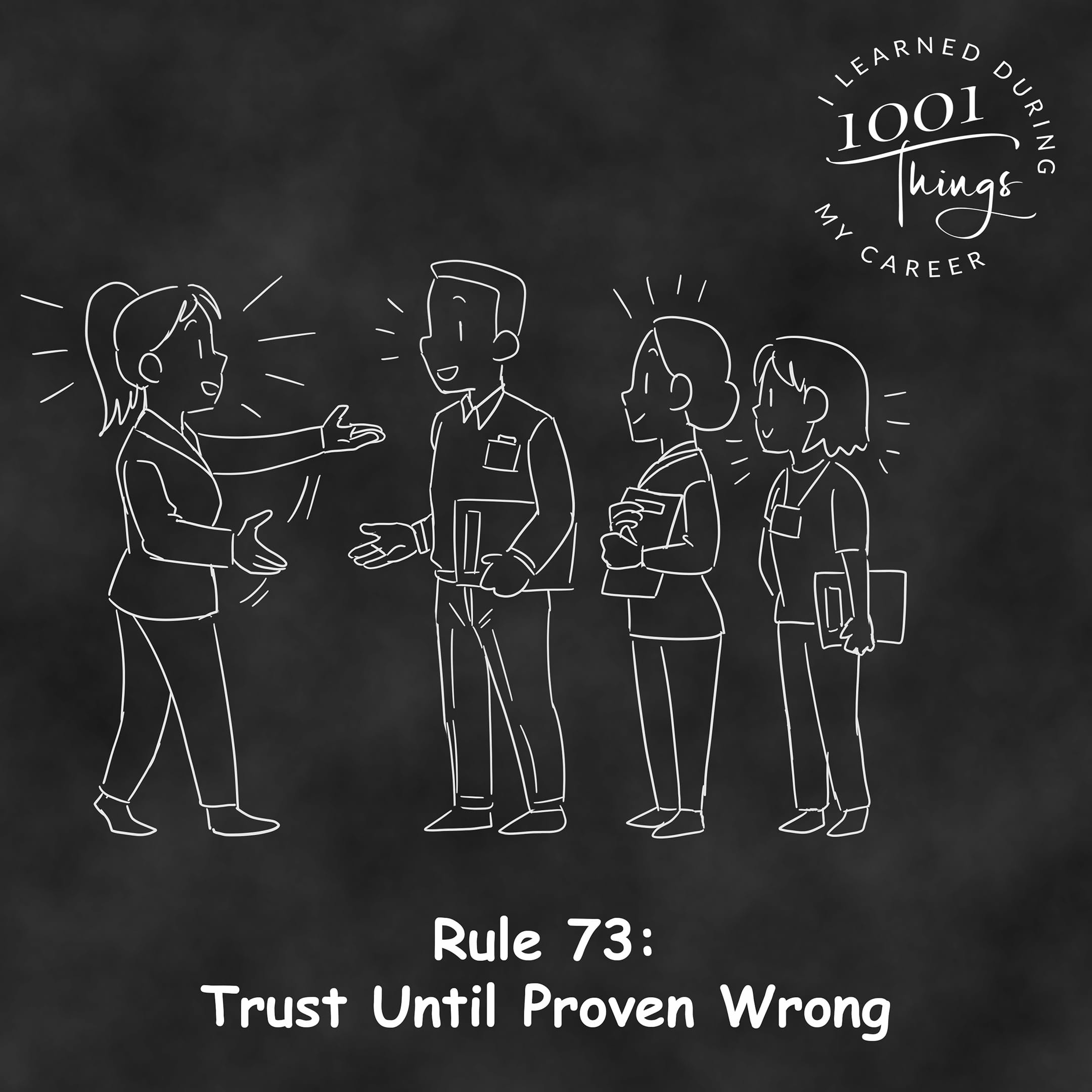Have you ever found yourself replaying past events like an old, worn-out movie, wishing you could rewrite the script? Do you linger on the things you wanted to do but never did or, worse, the things you wish you hadn’t? If so, you’re not alone. Most of us have moments that haunt us – memories that evoke regret and that nagging question “What if?”
But the past is the past, and there’s absolutely nothing you can do to change it. Those memories, those moments, are untouchable, and if you let them imprison you, they hold you back from truly living in the present. Instead of moving forward, you cling to what can no longer be altered, building a mental prison out of regrets and missed chances that weighs you down.
What if you could see the past for what it really is: just data? Rather than a chain binding you, the past becomes a record, something to learn from rather than to live in. Your past is simply information – a catalog of experiences that offers insight but should never dictate your future. Each mistake, each regret, is data showing you what doesn’t work, where you can grow, and how you can make better choices today.
Imagine yourself as an explorer, using the map of past experiences not as a place to dwell but as a tool to guide you forward. In business, we assess past failures to improve strategies; in relationships, we reflect on our missteps to grow closer. The same approach works in every part of life. When you view the past through this lens, you free yourself from its emotional weight. You start to understand that each experience – good or bad – has equipped you with knowledge for the road ahead.
Take the example of actress and film producer Viola Davis who grew up in deep poverty, facing racism, abuse, and insecurity: for years, those experiences left emotional scars. But instead of letting her past limit her, she began to see it as fuel. In interviews and her memoir, Davis refers to her early life as a well of emotional truth that helped shape her craft as an actress and her strength as a person. She didn’t erase the past – she reframed it: her pain became power.
So, the next time regret creeps in or you find yourself wishing you could turn back time, remind yourself: the past is just data. Use it as a reference, let it guide you, but don’t let it define you.

